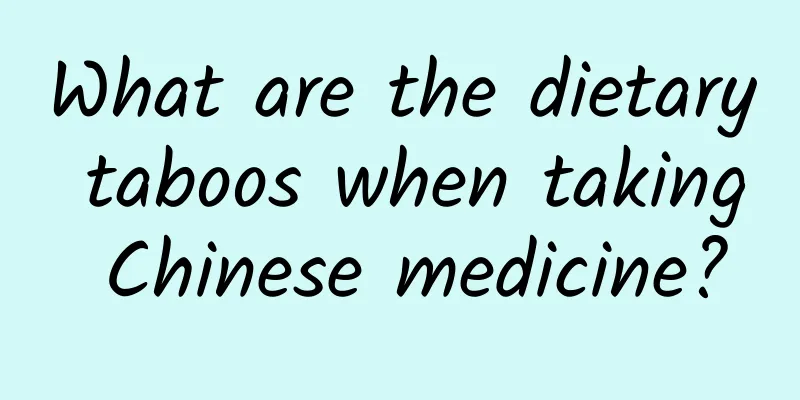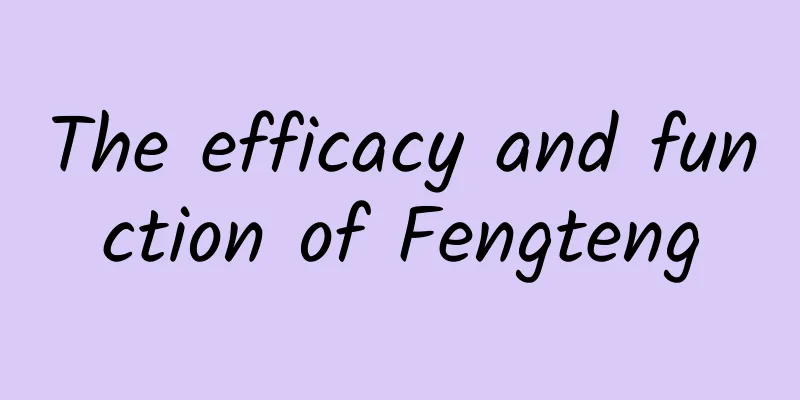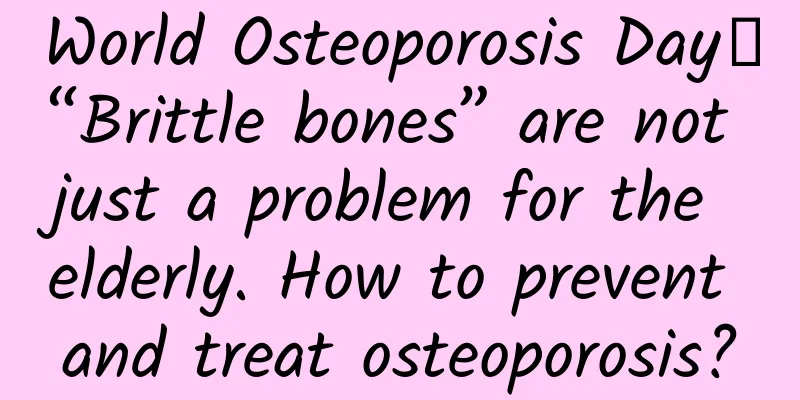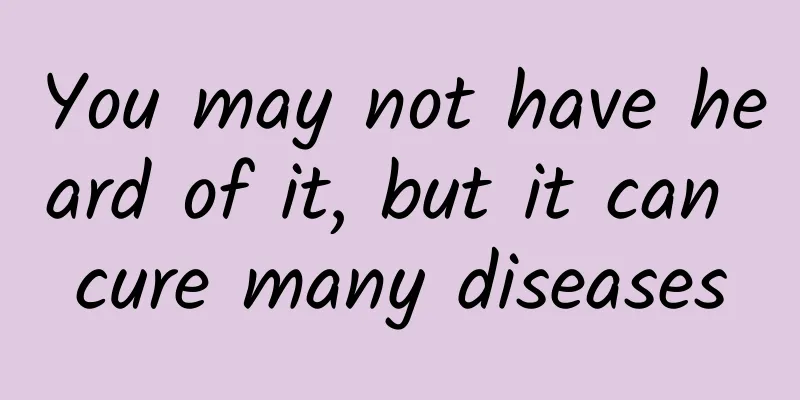What are the dietary taboos when taking Chinese medicine?

|
Many of the medicinal materials used in traditional Chinese medicine to treat diseases are our daily foods. When using these foods as medicinal materials, traditional Chinese medicine always abides by the principle of mutual promotion and mutual restraint. Therefore, when we use traditional Chinese medicine to treat diseases, many foods cannot be eaten. For example, mung beans. If swallowed accidentally, the drug may lose its effectiveness. So what are the dietary taboos of traditional Chinese medicine? Let’s talk about it below. Generally speaking, when taking Chinese herbal medicine to clear internal heat, it is not advisable to eat hot foods such as onions, garlic, pepper, mutton, dog meat, etc.; when treating cold symptoms, raw and cold foods should be avoided. When taking medicines containing Rehmannia root and Polygonum multiflorum, avoid taking onions, garlic, and radishes; when taking Chinese medicine containing mint, you should not eat turtle meat; Poria cocos should not be eaten with vinegar; when eating turtle shell, it should not be eaten with Amaranth. When taking laxatives such as Dachengqi Decoction and Maren Pills, you should avoid eating greasy and indigestible foods; anthelmintic Chinese medicines should also avoid greasy foods and it is best to take them on an empty stomach. While you are sick and taking medicine, you should avoid eating raw, cold, sticky, and other difficult-to-digest foods, such as chili peppers. The above are some of the foods that are incompatible with commonly used Chinese medicines. Bitter stomachic medicines such as gentian tincture should not be taken with sweet foods such as honey, dates, and licorice. Because the sweetness of foods such as honey and dates can mask the bitterness, thereby reducing the stimulation of the bitterness on the taste nerve endings and reducing its stomachic effect. Shuanghuanglian should not be taken with garlic. Shuanghuang is a common medicine for clearing heat and detoxifying, and treating exogenous wind-heat. It is cool in nature, while garlic is hot in nature. If you eat garlic while taking Shuanghuanglian, the efficacy of the medicine will be reduced. Avoid taking vinegar and cold food when taking diaphoretic drugs. Vinegar and raw and cold foods have astringent effects. If they are consumed at the same time as diaphoretic drugs, their effectiveness will be offset. Ginseng is incompatible with radish and garlic. American ginseng and other tonics are common, while radish has the effect of relieving gas and promoting digestion. When taken together, radish will dissolve the medicinal properties of ginseng. Similarly, when taking other tonic medicines, you should not eat digestive foods such as radish and garlic within one hour before and after. After knowing these taboos, you will understand why sometimes we don’t control our diet when we eat. It is easy to have some physical symptoms such as stomach discomfort. This is all caused by taboos between foods. So we must pay special attention to our diet in the future. Especially when taking Chinese medicine, you must strictly avoid eating. |
<<: What are the medicinal values of geese?
>>: What are the medicinal values of goose?
Recommend
If eaten improperly, spring bamboo shoots may turn into "spring damage"! Read quickly →
Every February and March is the time when bamboo ...
The efficacy and function of Xiao Liuyuehan
Do you know what Xiao Liuyuehan is? It is a kind ...
To help you vent your anger, we will fight violence with violence against the annoying catkins.
There is static electricity in winter and heat in...
What are the effects and functions of Sichuan costusroot?
Sichuan costusroot is a medicinal material with m...
The efficacy and function of millipedes
We know that there are many kinds of Chinese medi...
The efficacy and function of Achillea Millet
Achillea millet is a relatively familiar traditio...
National Liver Care Day丨These 5 abnormalities in the body may be the liver's "call for help"...
Expert of this article: Li Zhao, Chief Physician ...
Not sure if there's water on Mars? Maybe we can dig a well there!
It is unlikely that there is liquid water undergr...
Side effects and contraindications of stir-fried Atractylodes macrocephala
Scutellaria baicalensis is a common Chinese herba...
Slice Intelligence: Online wine sales grew 63% in 2016
199IT original compilation Data from Slice Intell...
The efficacy and function of cheese
Cheese is a very good medicinal ingredient. It is...
How powerful are the legendary space-based weapons? You'd never guess!
RODS FROM GOD, the legendary ultimate weapon, can...
Why did your memories before the age of three "disappear"?
Do you remember what you did before the age of th...
How to make Astragalus Anti-Cancer Soup?
In recent years, the incidence of cancer has been...
These Soviets dug the world's deepest hole just to see what's underneath
On Russia's Kola Peninsula, in the wilderness...









